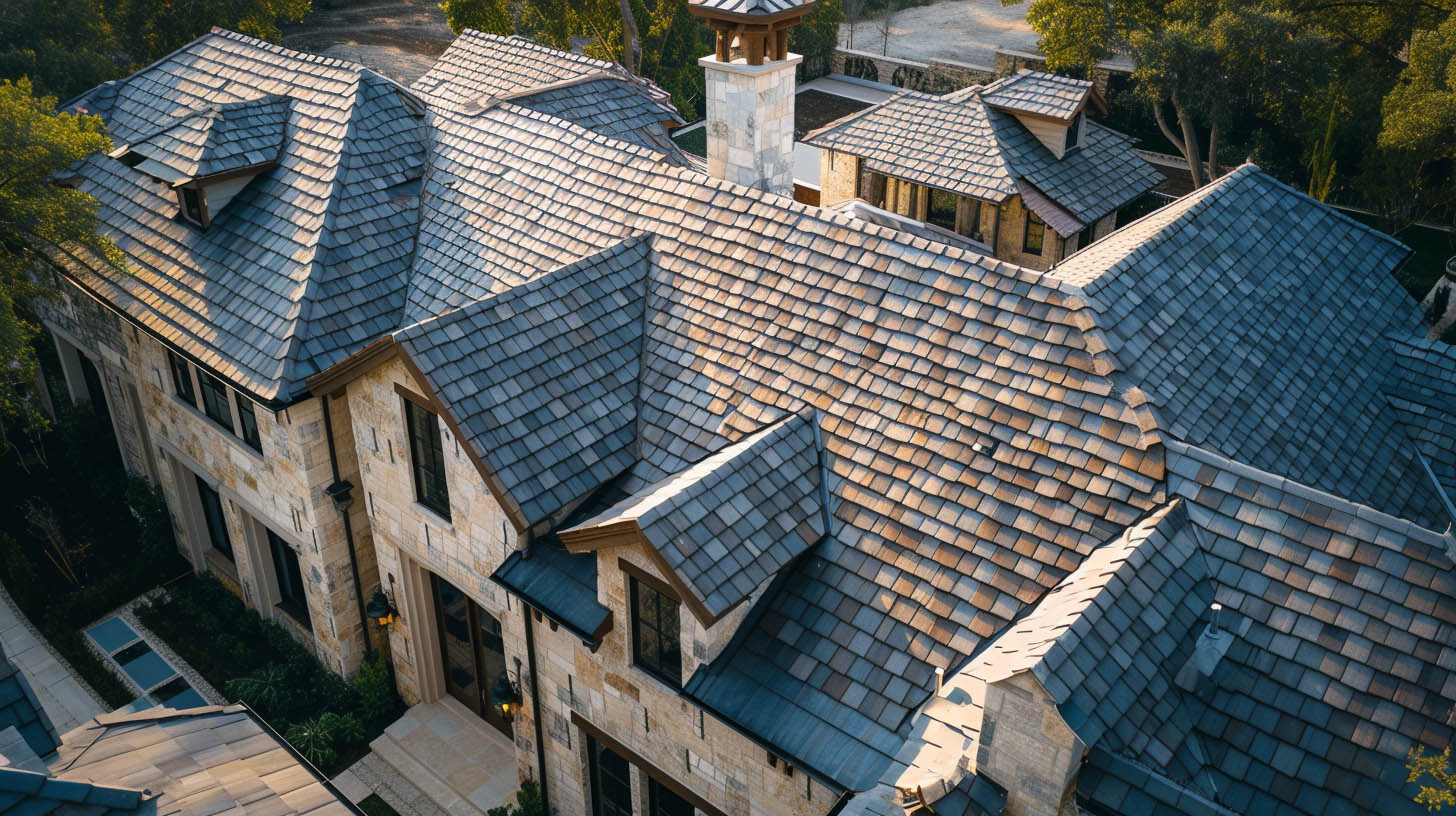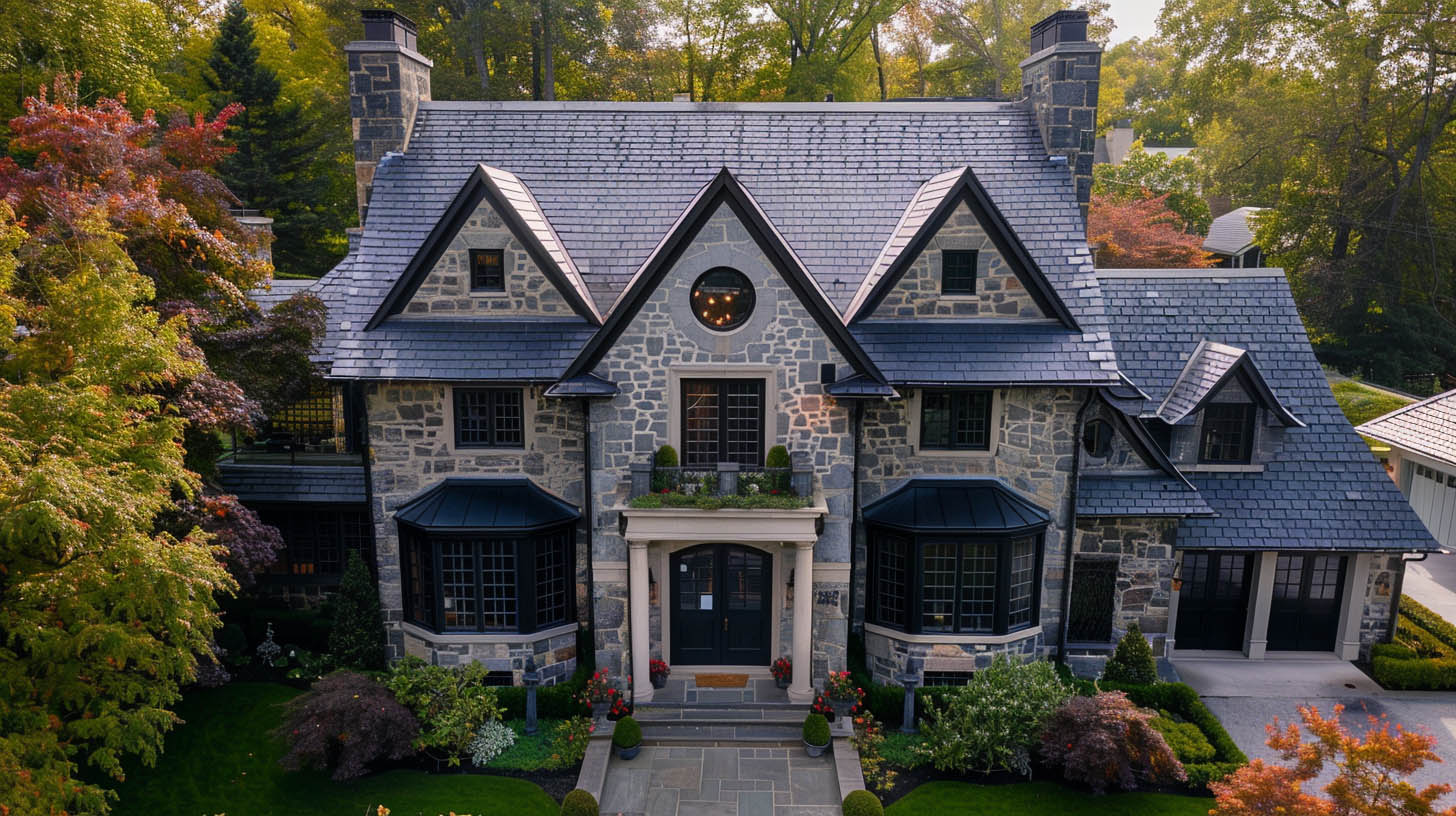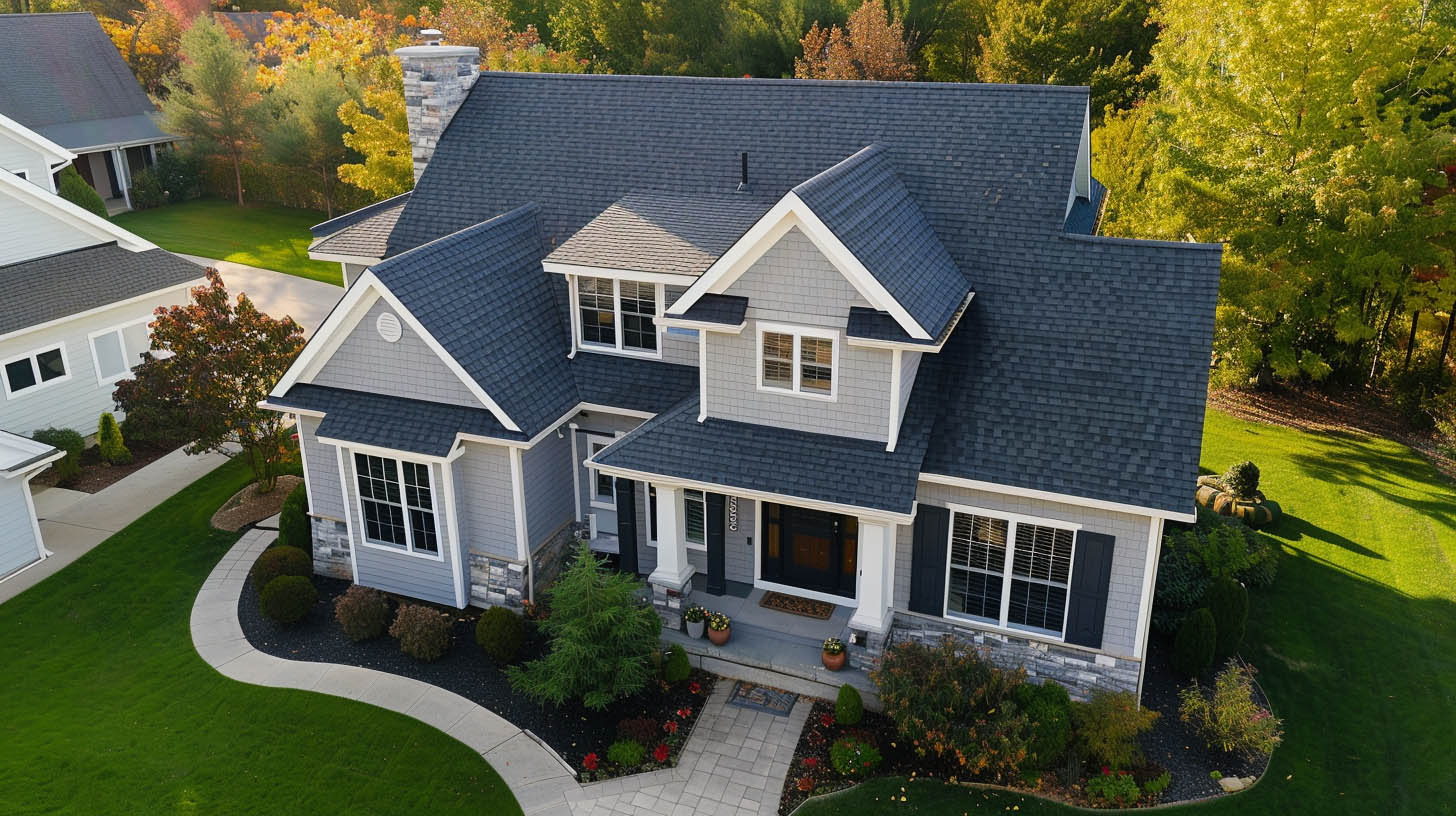
The Essence of Roof Substrates
A roof substrate, also known as the roof deck or decking, is the underlying layer that offers support and stability for the primary roofing materials, such as shingles, tiles, or metal panels. This layer is typically installed directly above the structural components of a roof, acting as a critical link between the roof’s structural supports and its outer materials. The choice of substrate is a pivotal decision in the roofing process, influencing the system’s ability to withstand environmental stresses and its overall lifespan.The Role of Roof Substrates in Roofing Integrity
The selection of a high-quality roof substrate is essential for several reasons:- Foundation Stability: It provides a stable, strong base for the roofing materials, ensuring they remain securely in place against wind, rain, and other environmental challenges.
- Lifespan Extension: A durable substrate minimizes wear and tear on the roofing materials, extending the overall lifespan of the roof.
- Moisture Barrier: It acts as a critical barrier against moisture infiltration, which can cause significant damage to both the roof and the underlying structure.


